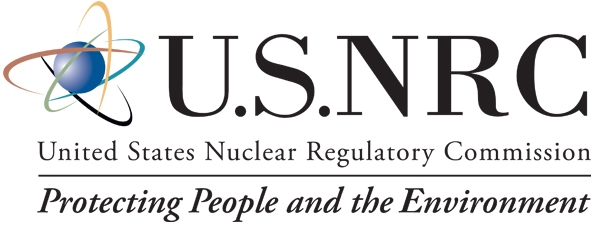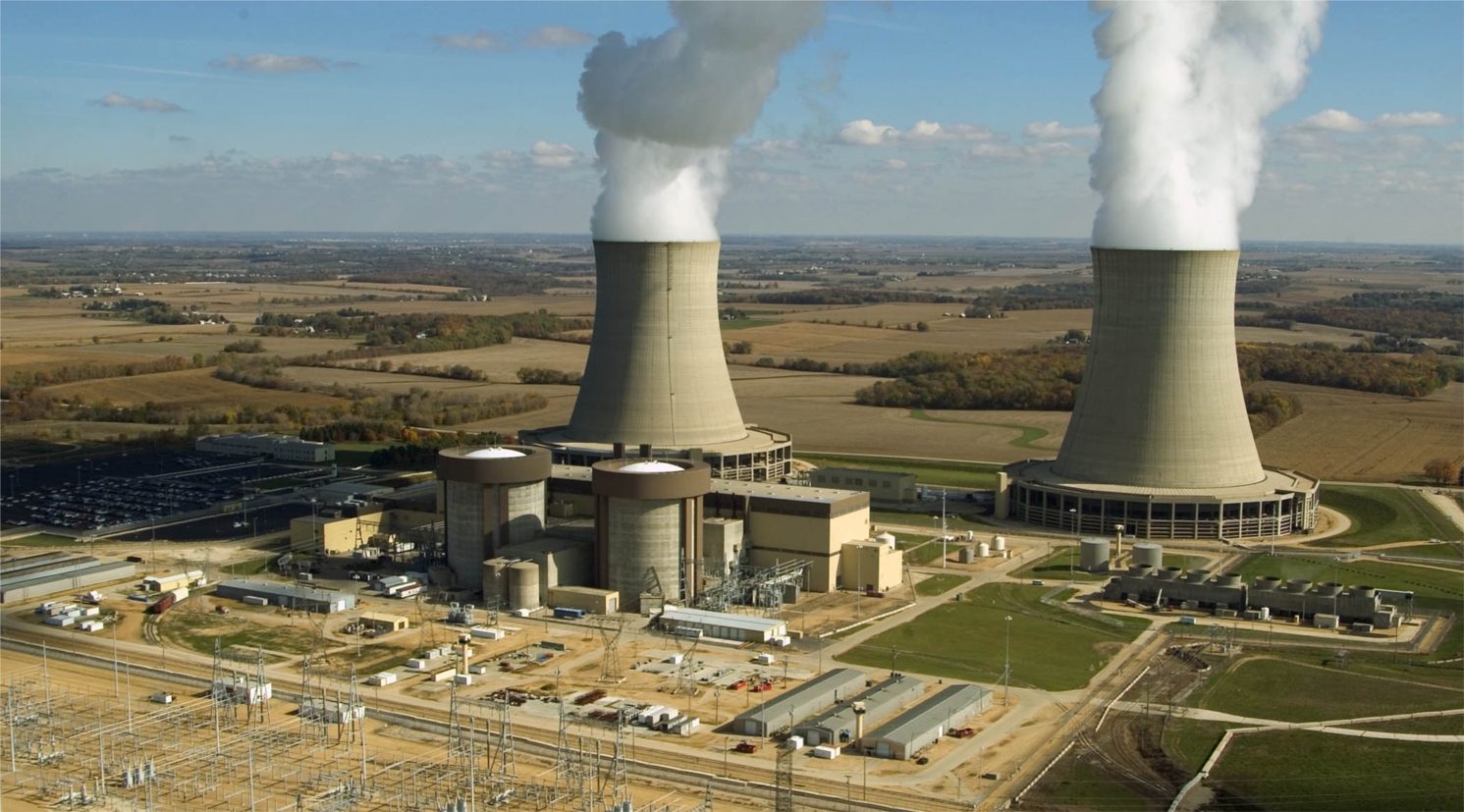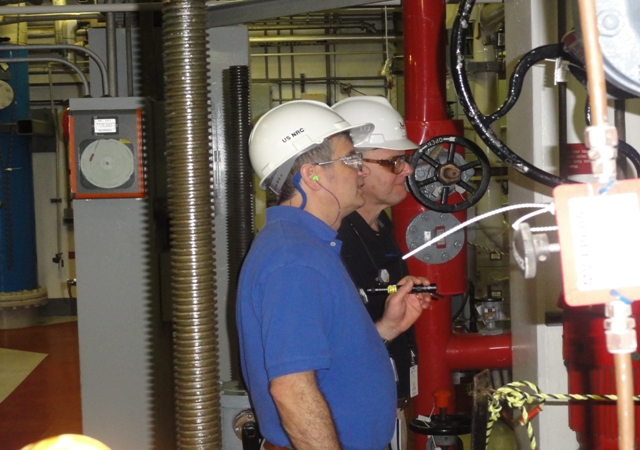
- Top Workplaces
- Nuclear Regulatory Commission
Nuclear Regulatory Commission
The U.S. Nuclear Regulatory Commission (NRC) mission is to license and regulate the nation's civilian use of byproduct, source, and special nuclear materials in order to ensure the adequate protection of public health and safety, promote the common defense and security, and to protect the environment.
The NRC's regulatory mission covers three main areas: Reactors – Commercial reactors for generating electric power and research and test reactors used for research, testing, and training; Materials – Uses of nuclear materials in medical, industrial, and academic settings and facilities that produce nuclear fuel; Waste – Transportation, storage, and disposal of nuclear materials and waste, and decommissioning of nuclear facilities from service.
The NRC adheres to the principles of good regulation — independence, openness, efficiency, clarity, and reliability. The Agency puts these principles into practice with effective, realistic, and timely regulatory actions, consistent with its organizational values and its open, collaborative work environment.
The NRC's regulatory mission covers three main areas: Reactors – Commercial reactors for generating electric power and research and test reactors used for research, testing, and training; Materials – Uses of nuclear materials in medical, industrial, and academic settings and facilities that produce nuclear fuel; Waste – Transportation, storage, and disposal of nuclear materials and waste, and decommissioning of nuclear facilities from service.
The NRC adheres to the principles of good regulation — independence, openness, efficiency, clarity, and reliability. The Agency puts these principles into practice with effective, realistic, and timely regulatory actions, consistent with its organizational values and its open, collaborative work environment.




